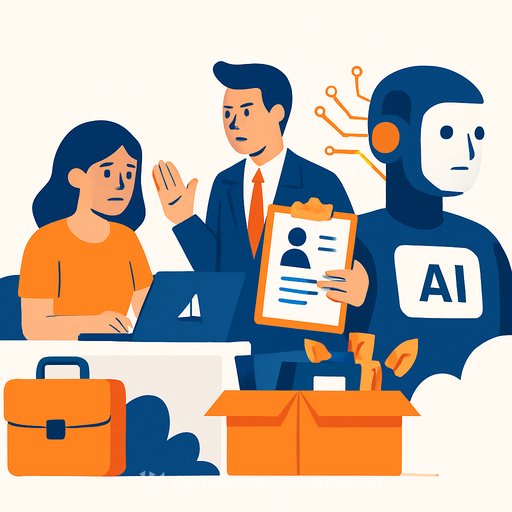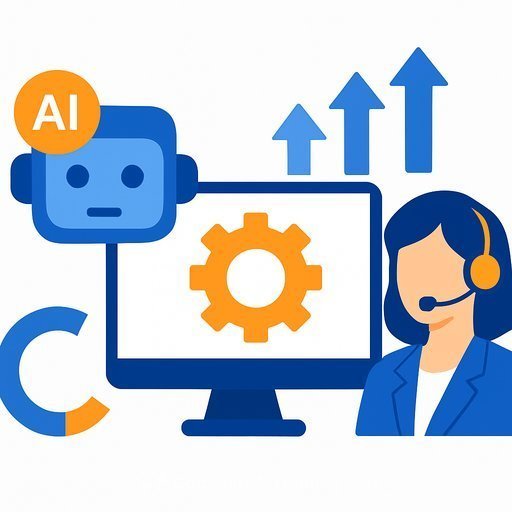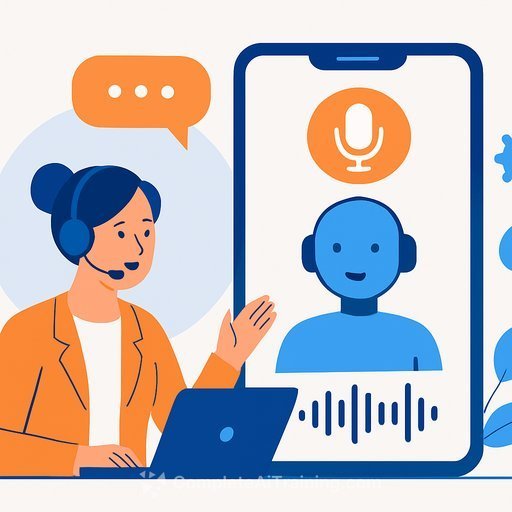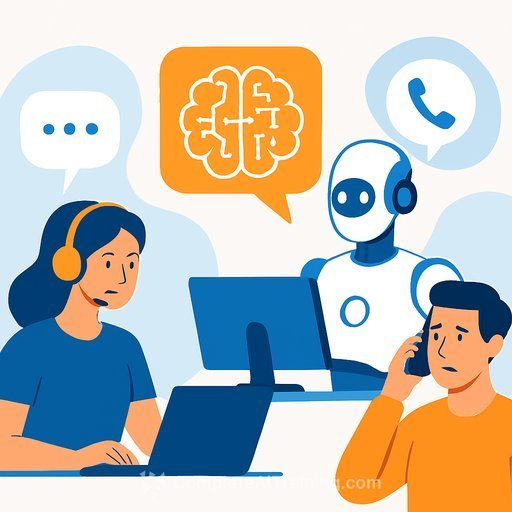Atlassian Cuts 150 Customer Service Jobs, Denies AI as the Cause
Atlassian, the Australian software company, is reducing its customer service team by 150 roles out of a global workforce of 12,000. The cuts affect employees across Australia, Canada, Germany, India, the UK, and the US. The announcement came via a prerecorded video message from CEO Mike Cannon-Brookes, who only disclosed the specific impacted roles in follow-up emails shortly after the video was shared.
Laid-off staff will receive at least six months of continued pay. Despite widespread speculation that these job losses are due to AI replacing human roles, Atlassian firmly denies this. The company attributes the cuts to improved customer experience and reduced support needs, not direct AI replacement.
“These roles are not being replaced by AI,” the company stated. They explained that customers now require less help because of enhancements in their platform and tools, including AI-powered self-service options embedded in their contact forms. Still, the company insists the primary reason for job reductions is decreased demand for support, not AI substitution.
AI’s Role in Customer Support and Job Cuts
While Atlassian denies AI is the direct cause of layoffs, some affected customers will interact with AI-driven support tools. On the same day as the announcement, co-founder Scott Farquhar encouraged widespread AI adoption, saying everyone in business and government should use AI daily despite initial awkwardness.
Atlassian recently published a report highlighting that AI tools help developers save around ten hours per week. However, organizational inefficiencies continue to leave many overworked, indicating AI's potential but also its limitations.
Industry-Wide Job Cuts Linked to AI
Atlassian's cuts fit into a broader trend of companies reducing workforces and investing in AI. For example:
- Intuit cut 1,800 jobs to redirect investment into AI-focused areas.
- Cisco reduced 6,000 roles, partly motivated by AI investments.
- Dropbox cut 16% of its workforce to focus on AI product development.
- Google cut 1,000 jobs with AI as part of its strategic shifts.
Some companies have found AI-driven customer support challenging. Klarna, for instance, cut hundreds of customer service roles citing AI replacements but later rehired human agents after a drop in service quality.
According to Gartner, this pattern of rehiring customer service staff after AI replacements is likely to continue as AI struggles to fully manage complex customer interactions.
What Customer Support Professionals Should Know
For customer support workers, this signals two key points:
- AI is increasingly embedded in customer service but often supplements rather than fully replaces human roles.
- Companies may shift resources toward AI tools to reduce workload and costs but still rely heavily on human agents for quality and complex cases.
Staying updated on AI tools and how they integrate with customer support is essential. Developing AI-related skills can help customer service professionals adapt to these changes. For those interested in learning more about AI and its application in various jobs, including customer support, training resources are available at Complete AI Training.
In summary, while AI plays a growing role in customer support, it is not yet a wholesale replacement for human jobs. Understanding AI's limitations and learning how to work alongside it will be crucial for customer support professionals moving forward.
Your membership also unlocks:





